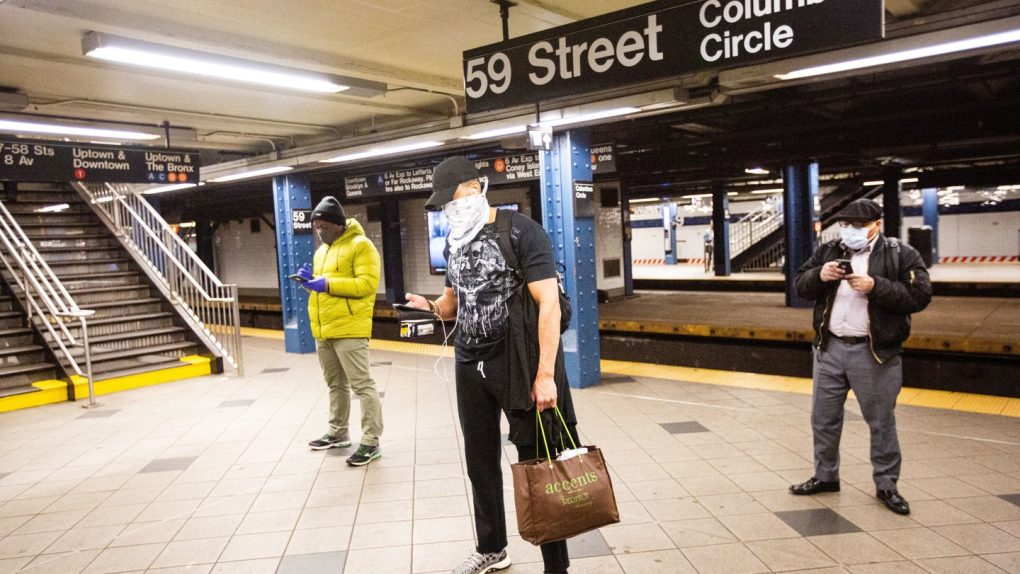- Coronavirus antibody tests have shown that asymptomatic patients are more likely to show low levels of COVID-19 antibodies in the bloodstream as soon as two to three months after the infection.
- Low levels of antibodies do not indicate an increased risk of reinfection, however, as the immune system also develops a memory of the encounter with the novel coronavirus and can recreate antibodies when needed.
- The findings of the study might affect various health policies, including plasma donation campaigns, “immunity passport” initiatives, as well as widespread antibody testing campaigns meant to measure “herd immunity.”
The more time that passes, the closer we get to answering a question that scientists couldn’t have answered in the first months of the coronavirus pandemic. They were able to prove that immunity against the novel virus can be obtained in animals and humans after initial exposure and that second reinfection isn’t possible immediately after getting the disease. This is a crucial finding for vaccine research that relies on the immune system’s ability to develop immunity to the virus. But how long will the resistance last? How much protection can a vaccine offer before the risk of reinfection arises? How long will COVID-19 survivors be safe?
Some researchers believe beating the disease will offer immunity in line with other known coronaviruses. That would be anywhere from six to twelve months. Dr. Anthony Fauci said as much recently. Now, new research provides us with the first answer about COVID-19 immunity, revealing that circulating antibodies might be undetectable in blood tests within three months after infection. That’s not necessarily bad news, and it doesn’t mean the body has forgotten how to defend itself against SARS-CoV-2 that quickly. But the discovery could have implications for other health policies that world governments might be entertaining, including plasma donations, so-called “immunity passports,” and widespread antibody testing.
A new study published in Nature Medicine concludes that coronavirus antibodies might last only for two or three months, with asymptomatic patients likely to show a lower number of antibodies than people who manifested COVID-19 symptoms.
If accurate, then plasma from COVID-19 survivors might not be suitable for treating other patients after those three months have passed. Also, any government considering widespread antibody testing to assess the real impact of the disease will not detect COVID-19 survivors that no longer have antibodies circulating in their bloodstreams. Conclusions about “herd immunity” levels may be incorrect as a result. Furthermore, any immunity passport initiative, which would rely on proving you’ve had the disease, would be doomed to fail if antibody tests turn up negative within three months.
Also, if the data is accurate and you suspect you may have had COVID-19 more than three months ago without having had a PCR test to confirm it, antibody testing might not yield relevant results.
However, the lack of antibodies in survivors isn’t an indication that the same person can get COVID-19 a second time after just three months. The human immune system also has a backup system that stores memories of past pathogens. Upon encounter with a known attacker, such as the novel coronavirus, the immune system would be able to mass-produce the neutralizing antibodies that can block it. That’s how vaccines would work as well.
Researchers from China looked at 37 asymptomatic COVID-19 patients and 37 people who developed symptoms and discovered that the former group developed a weaker immune response in terms of antibodies. These compounds the human body can produce were undetectable in blood in 40% of asymptomatics compared to just 13% of the people who had symptoms.
As The New York Times points out, the researchers did not take into account the immune cells that make the antibodies.
“Most people are generally not aware of T cell immunity, and so much of the conversation has focused on antibody levels,” Columbia University virologist Angela Rasmussen told the Times.
T cell lymphocytes are immune system enforcers that can kill the virus. B cells are lymphocytes that remember the chemical signature of the virus, and they are able to grow new antibodies when contact is made again. “If they find the virus again, they remember and start to make antibodies very, very quickly,” Icahn School of Medicine at Mount Sinai virologist Florian Krammer explained.
He also added that “the neutralizing antibody is what matters, and that tells a very different story.” The new study revealed that antibodies to one viral protein dropped below detectable levels, but neutralizing antibodies that target the spike protein were still present. The neutralizing antibodies dropped more in the symptomatic people than in the group that showed no COVID-19 symptoms.
Separately, a second paper published in Nature observed that even a low quantity of antibodies would be enough to mount a proper response. “It does appear that even low levels of certain antibodies have potent neutralizing capability,” Rasmussen said. “Low antibody titers don’t necessarily determine whether a patient will be protected from reinfection.”
The new study from China also determined that asymptomatic patients developed lung injuries consistent with COVID-19 infection, a finding that’s in line with other studies that showed asymptomatic patients do not escape unscathed from an encounter with the virus.
Almost a third of the 37 patients had “ground-glass opacities” on CT scans, which appear in COVID-19 cases. Like other studies, the research found that asymptomatics can shed the virus, suggesting they can be infectious.
As with anything else about COVID-19, more immunity research will be required to determine precisely how long the immune system can protect against infection after a vaccine, or against reinfection after surviving an initial COVID-19 episode.







